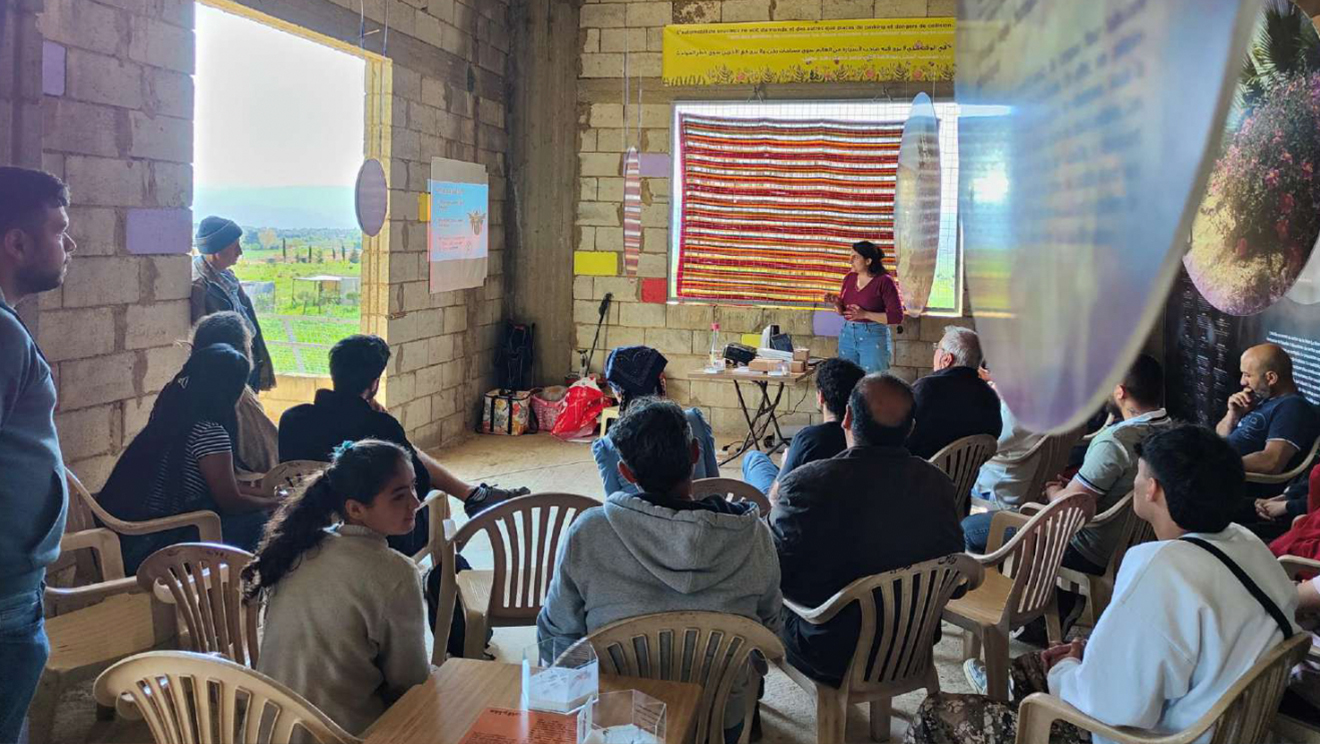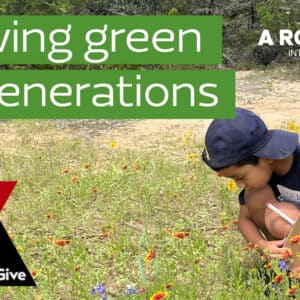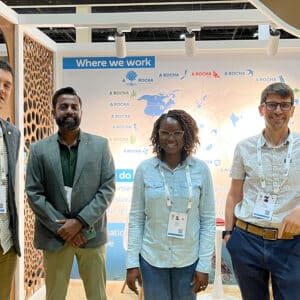As Lebanon grapples with urbanization, deforestation and waste management crises, A Rocha Lebanon has created a unique space – Mekse Nature Park – from a former landfill. After five years of restoration, it has a Conservation Garden and a Centre for Biodiversity and Agroecology, and has become a vital green space offering refuge from environmental degradation and a platform for practical conservation work.
Located in Lebanon’s fertile Bekaa Valley, the 3.5-hectare park is a public garden where alternative techniques compatible with biodiversity can be observed as native trees and shrubs provide food for wildlife and promote a healthy habitat for birds, reptiles and invertebrates – including bees!
The Conservation Garden has an area dedicated to wild bees’ habitat and unconventional beehives, with examples such as hives in empty tree stumps and enclosed with rammed earth on display.
The adjoining Centre for Biodiversity and Agroecology strengthens community education in environmental issues and hosts exhibitions and workshops, beginning with an exhibition on wild bees, thanks to collaboration with the international expert, Dr Mira Boustani, and her collection of 574 species of Lebanese wild bees. The exhibition included informational drawings and displays, a workshop by Dr Boustani on the wild bees of Lebanon, and a hands-on planting day where volunteers planted 400 lavender seedlings to support wild bee habitat.
By working on common land (arḍ mašā‘ in Arabic) A Rocha Lebanon engages stakeholders in project design and implementation and ensures the sustainability of initiatives, including supporting wild bees and habitat restoration, and educational programmes for local schools and refugee children. The Mekse site aims to become a lighthouse on biodiversity and agroecology and to attract people by developing a market of local producers, hosting visitors and providing a discussion space dedicated to ecology. Learn more about Mekse Nature Park.



